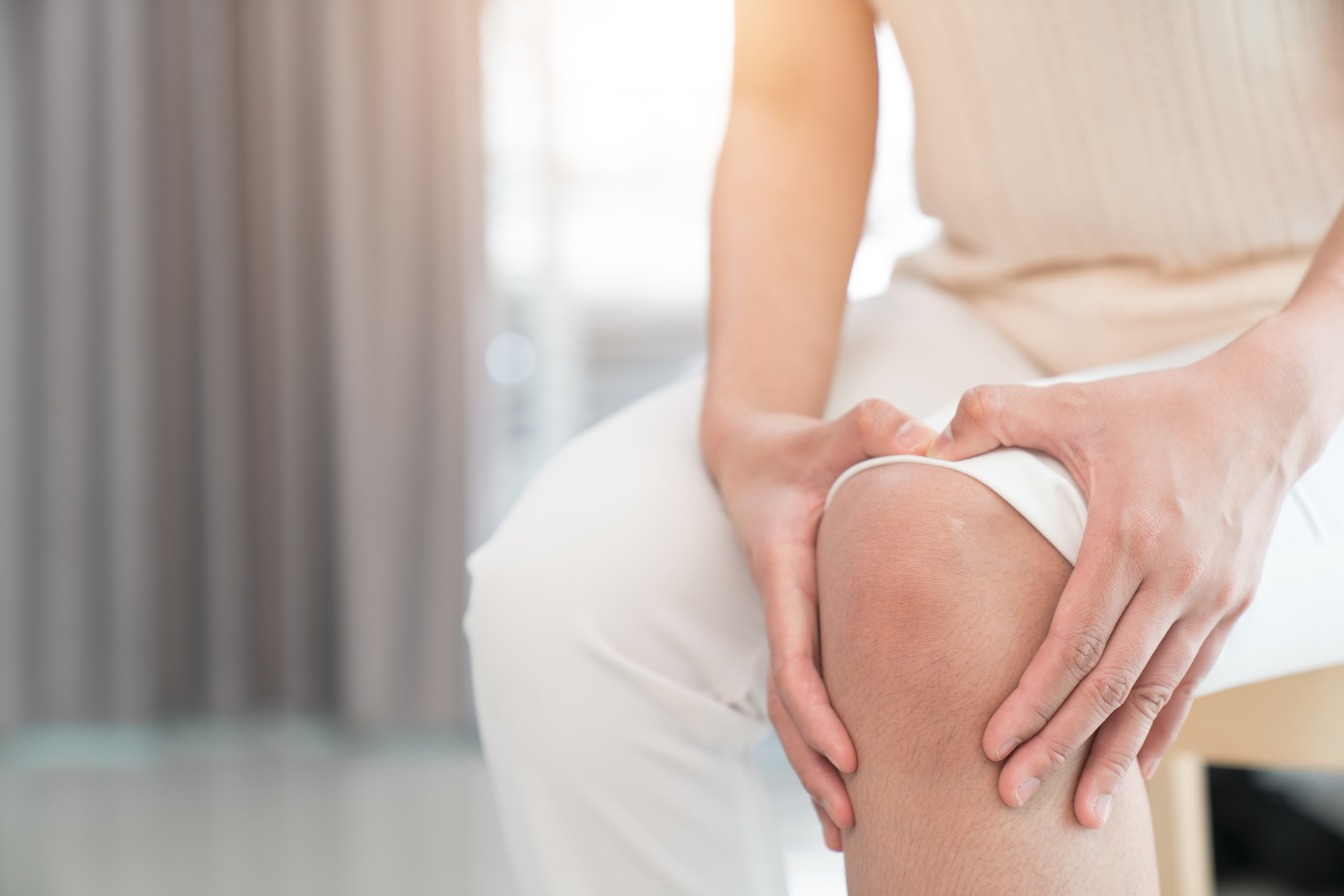Joint Inflammation: How to Treat Joint Pain
 Are you constantly feeling pains in your joints? Do you find yourself having trouble with standing or sitting for long periods? Have you noticed discomfort where you never used to have it before?
Are you constantly feeling pains in your joints? Do you find yourself having trouble with standing or sitting for long periods? Have you noticed discomfort where you never used to have it before?
You might be experiencing some low-key joint inflammation.
Joint pain from inflammation can be a drag, but there are things that you can do at home to help minimize the discomfort and get you back to your normal self.
If you’re looking for ways to treat inflamed joints, this guide is for you. Keep reading!
Table of Contents
NSAIDs for Joint Pain
There are a number of ways to treat joint pain, but the most effective way is to use anti-inflammatory medication. NSAIDs are a type of anti-inflammatory drug that can be taken either orally or topically.
They work by reducing the inflammation in the joints, which helps to reduce pain and stiffness. There are a number of different NSAIDs available, so it is important to speak to a doctor or pharmacist to decide which one is right for you.
NSAIDs can also cause side effects such as stomach upset, so it is important to take them as directed by a healthcare professional.
Pain-Relieving Creams and Gels for Joint Pain
There are a variety of pain-relieving creams and gels available on the market today that can provide relief for joint pain. When choosing a product, it is important to read the label carefully to ensure that it is appropriate for your particular pain relief needs.
Some products contain ingredients that may not be suitable for everyone. If you have any questions, be sure to ask your healthcare provider before using any pain relieving cream or gel.
Joint Pain Supplements and Capsules
There are many different supplements that are marketed for pain relief, but it is important to consult with a doctor before taking any of them. Some supplements, such as glucosamine and chondroitin, have been studied and shown to be effective in treating joint pain.
Others, such as minerals and herbs, like Kanna herb, have not been as well studied but may also be effective. A doctor can help determine which supplement, if any, is right for a person based on their individual health needs and medical history.
Heat and Cold Therapy for Joint Pain
There are many treatments for joint inflammation, but heat and cold therapy are two of the most effective.
Heat therapy increases blood flow to the joint and can help to reduce pain and stiffness. Cold therapy decreases blood flow to the joint and can help to reduce inflammation and pain.
Treat Inflamed Joints Now
If you’re experiencing inflamed joints, there are a number of things you can do to find relief. Resting the joint and icing it at a time can help reduce inflammation.
You can also take over-the-counter anti-inflammatory capsules to help ease the pain. If the pain is severe, you may need to see a doctor for other treatment options.
No matter what, don’t let joint pain stop you from living your life, and stay active to keep your joints healthy.
Did you find this article helpful? Check out the rest of our blogs!









